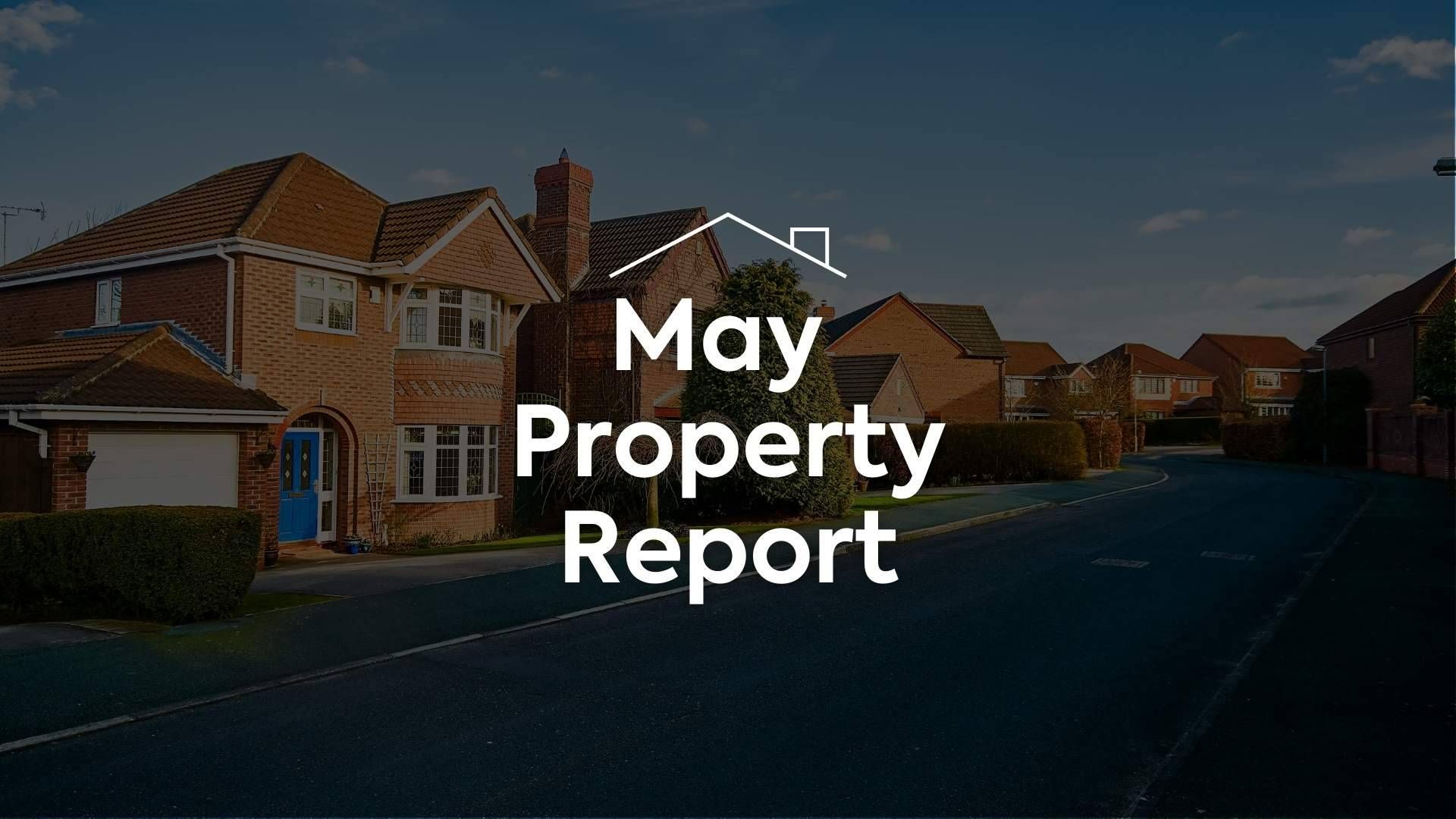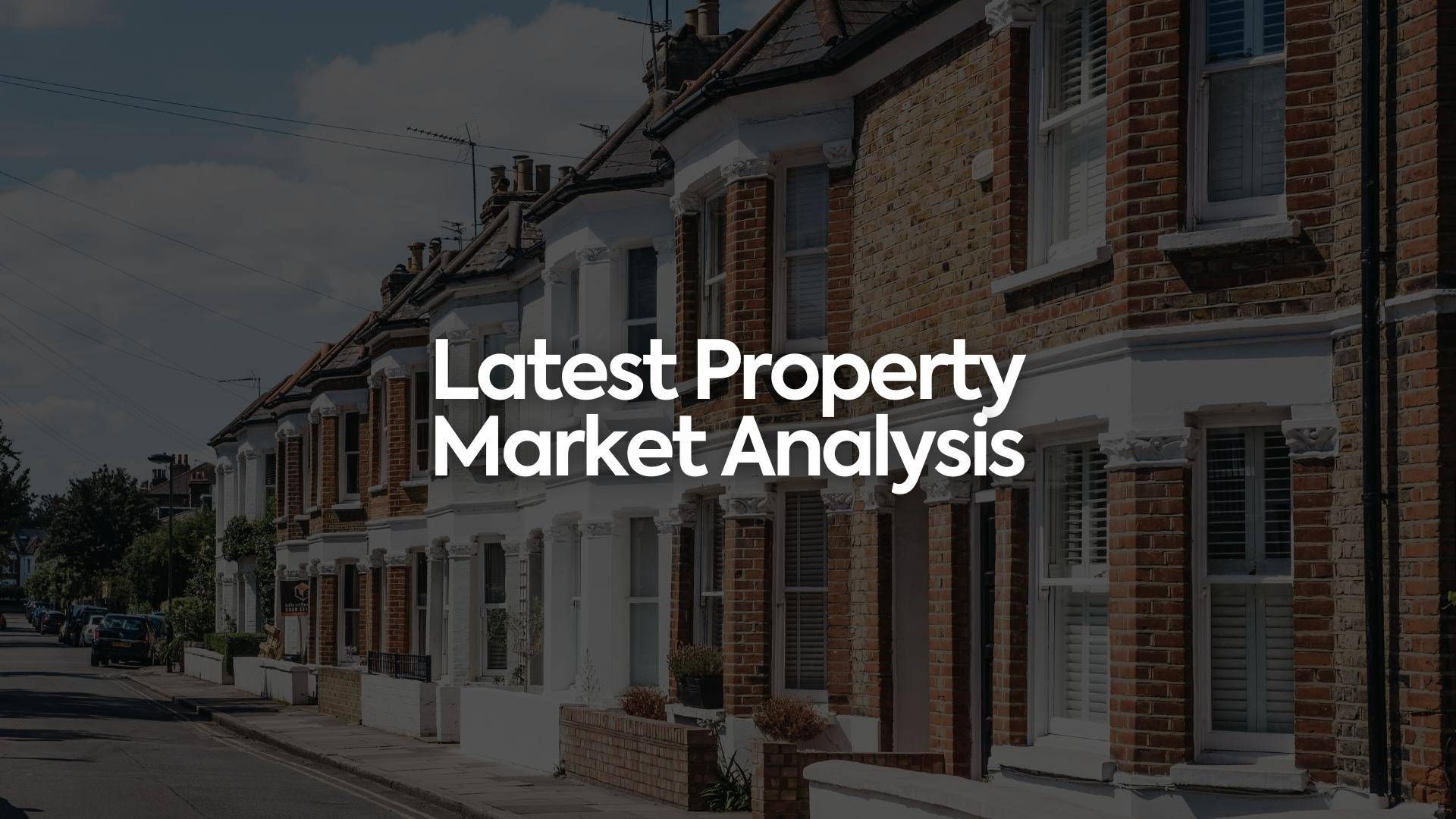
With a third of the year complete, it’s a good time to appraise the property market. If your primary concern is the direction of house prices, Rightmove can shed light. It found the average house price in Great Britain had climbed 0.2% in April to £366,247.
The portal also says a ‘mini market recovery’ has taken place following the autumn statement in 2022. Rightmove has seen the number of sales agreed rebound, and demand from purchasers rise 8% on the same period in 2019.
The most active buyers revealed
Legal & General has been able to identify today’s most active purchasers. Its mortgage application data from February and March showed enquiries concerning first-time buyers jumped by 22%. It’s now the second most popular search term overall, with searches for HMOs (houses in multiple occupation) increasing by 24.6%.
Buyers found more quickly
Also part of Rightmove’s research is the average number of days to find a buyer. Across Great Britain, this is now 55 days – a figure that remains lower than the 67 day pre-pandemic average. Terraced houses are the most in-demand type. They are finding buyers in 48 days, compared to 65 days for detached properties.
Improving sentiment can be partially pinned on the mortgage market. Despite base rate rises, mortgage rates are heading in the opposite direction. Zoopla reported the average cost of a five-year fixed rate mortgage had fallen 0.23% since October 2022.
The future of holiday lets has been a hot topic. The Government is consulting on new planning permission rules for those wanting to convert regular homes into short-term lets in England. It also wants a register for such properties and a tightening of requirements attached to claiming business rate relief.
The consultation runs until June 2023, so there will be no immediate change. If implemented, existing short lets and holiday homes will not be affected. The Government also highlighted that local authorities will be able to opt in to the regulations, rather than it be mandatory.
Additionally, the consultation includes whether ultra-short lets would need to apply for planning permission at all. The lower limit could be set at 30, 60 or 90 days per annum before permission is required. A set ‘grace period’ may mean some holiday-let landlords will be unaffected by new rules.
Changes for second home owners in Wales
The Welsh Government followed suit in April and announced new powers to tackle second home ownership in areas where locals are being pushed out by property investors. Authorities can now set their own council tax premiums on second homes and long-term empty properties, charging up 300% – up from 100%. It will also become harder for second homes to qualify for more favourable non-domestic rates instead of council tax.
Extra time to ‘green up’ buy-to-lets?
Another item that has ruffled feathers is, for now, a rumour. In April, the Daily Telegraph ran an article stating the first new EPC deadline for landlords in England and Wales was going to be abolished. Instead of having to meet a minimum EPC of C in 2025, all new and renewing buy-to-let properties would have until 2028 to meet the requirement.
The Government has neither confirmed nor denied the report but a delay would be welcomed by landlords. One statistic in the Daily Telegraph’s report claimed around 3,500 properties would need to be upgraded every day to meet a 2025 deadline. Fines for non-compliance would be up to £30,000.
In terms of rental values, the latest HomeLet Rental Index showed rents were back on the rise. Its analysis of March values revealed the average rent in the UK had risen 0.8% in the last four-week period. Tenants are now paying an average of £1,184 per month.
If you would like to know more about your local property market, please get in touch.
Share this article
More Articles
Sign up for our newsletter
Subscribe to receive the latest property market information to your inbox, full of market knowledge and tips for your home.
You may unsubscribe at any time. See our Privacy Policy.




